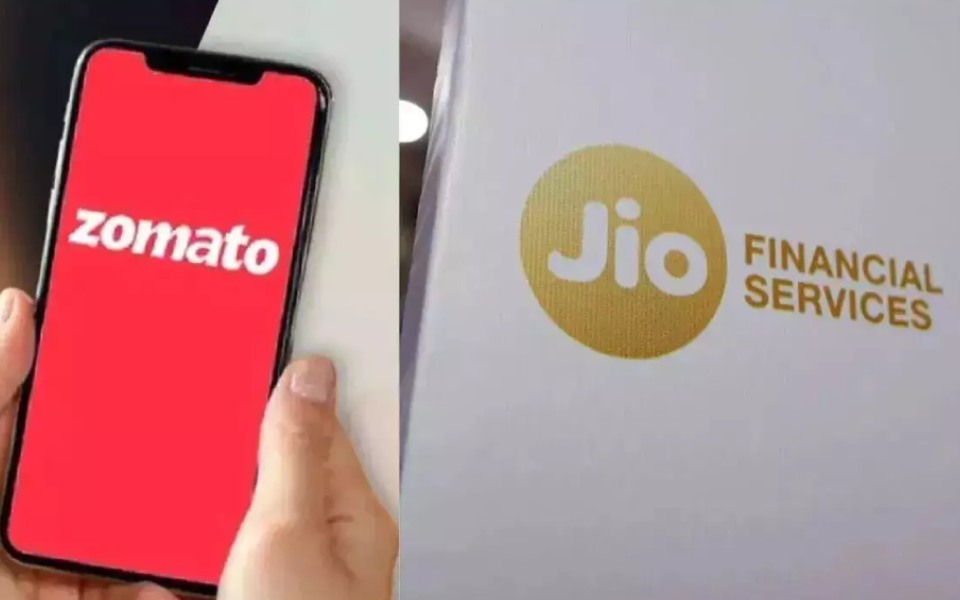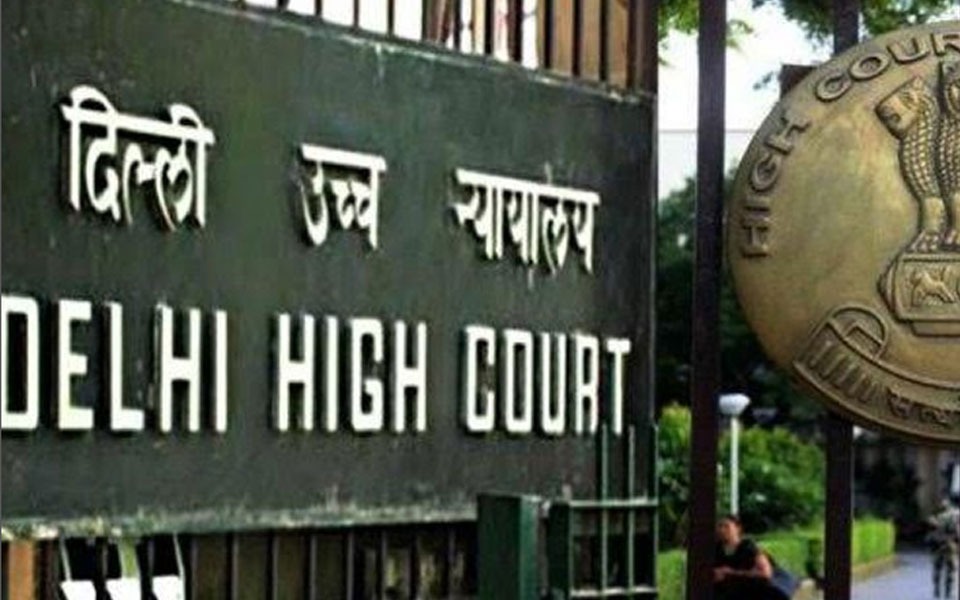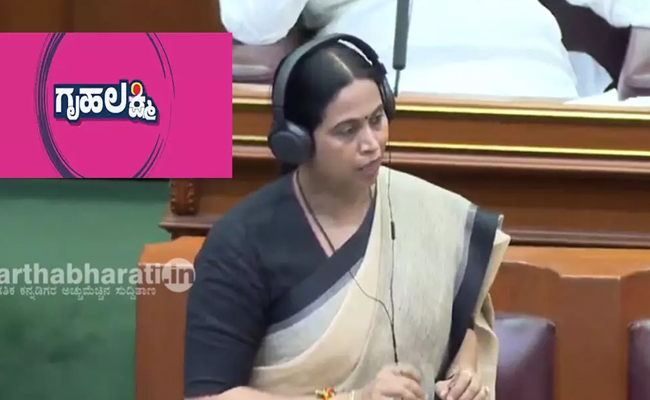New Delhi, Feb 22 (PTI): As per the revisions, Bharat Petroleum Corporation (BPCL) and Britannia Industries Ltd will be excluded from the index, according to a release from NSE Indices.
The Index Maintenance Sub-Committee of NSE Indices Ltd has announced changes to the Nifty 50 index as part of its semi-annual review, effective from March 28, 2025.
These changes are in line with the periodic assessment of the index to ensure it accurately reflects market trends and maintains its relevance to investors.
Zomato, Jio Financial Services have been added to the Nifty 50 index because their average free-float market capitalization over six months is at least 1.5 times that of the smallest companies being removed.
Zomato's market cap is Rs 1,69,837 crore, while Jio Financial's is Rs 1,04,387 crore. In comparison, Bharat Petroleum and Britannia, which are being excluded, have market caps of Rs. 60,928 crore and Rs 64,151 crore respectively.
In addition, changes have been announced in several indices including Nifty 100 and Nifty 500.
Let the Truth be known. If you read VB and like VB, please be a VB Supporter and Help us deliver the Truth to one and all.
Panaji (PTI): A court in North Goa on Wednesday remanded Gaurav and Saurabh Luthra, co-owners of the ‘Birch by Romeo Lane’ nightclub, in police custody for five days.
The brothers, brought to Goa from Delhi after being deported from Thailand in connection with the December 6 blaze that killed 25, were produced in the court after undergoing health check-ups twice at the District Hospital in North Goa.
Judicial Magistrate First Class Mapusa Puja Sardesai remanded the two brothers in police custody for five days.
Advocate Vishnu Joshi, representing Bhavana Joshi who lost four family members in the tragedy, said that the accused were asking for “special consideration” claiming poor health.
ALSO READ: Dharmasthala mass burial case: Accused Chinnayya expected to be released on Wednesday
“We said they should not be given any extra relaxation,” he said, adding that the court has taken cognisance of the fact that this is about the death of “25 people in the form of mass genocide”.
“But since they kept pressing for medical check-up, the court ordered reexamination of their health. It is clear in the medical examination that they don’t require any consideration. The accused sought special considerations in the lock-up like a good mattress, which the court refused,” said Joshi.
A team of the Goa Police, along with the Luthra brothers, arrived at the Manohar International Airport, Mopa, in North Goa at 10.45 am.
The duo was initially taken to a Primary Health Centre at Siolim for medical examination. They were then taken to the District Hospital at Mapusa.
After their health assessment, the two were brought to the court.
The court directed that the accused be sent for fresh medical examination. Accordingly, the two were again taken to the District Hospital.
Later, they were produced before Judge Sardesai, who ordered the five-day police custody of the accused.
After the fire tragedy at Arpora village, the Anjuna police had registered a case against the Luthra brothers on various charges, including culpable homicide not amounting to murder.
The brothers were arrested in Delhi on Tuesday after being deported from Thailand. A court there allowed the Goa Police their two-day transit remand.
ALSO READ: Woman threatens to end life as police official refuses to accept love proposal, FIR registered
The duo had fled to Phuket in Thailand early on December 7, hours after the fire at their nightclub, prompting the authorities to issue an Interpol Blue Corner Notice and cancel their passports.
They were detained by Thai authorities at Phuket on December 11 following a request from the Indian government, which later coordinated with officials in Thailand to deport them under legal treaties between the two nations.
Five managers and staff members have already been arrested by the Goa Police in connection with the fire.





